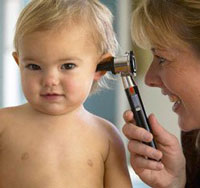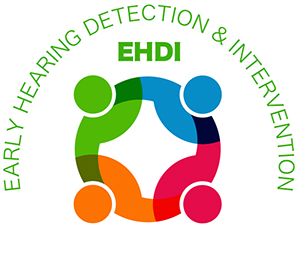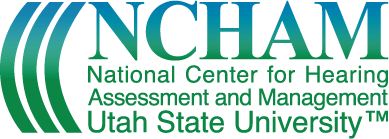Family Perceptions and Experiences with the Early Hearing Detection and Intervention System in Rural Communities

Presented by: Matthew L. Bush, M.D., Assistant Professor, Department of Otolaryngology–Head and Neck Surgery
When: This webinar was presented on August 11th, 2015 | 11:30 MT - 12:30 MT
Description of Webinar Content
Although universal newborn hearing screening (UNHS) is currently practiced in most states and managed by Early Hearing Detection and Intervention (EHDI) systems, many rural regions face significant disparities in hearing health care. Rural children are frequently delayed in identification and treatment of hearing loss. The accessibly of care and the barriers in the EHDI system in rural communities is not well understood. This session addresses barriers faced by rural families involved in the EHDI system through presentation of quantitative and qualitative research findings. Families reported financial barriers to care such as a lack of reliable transportation as well as limited access to local care. Many families reported traveling great distances to hearing health provider offices. They also reported barriers to timely diagnosis such as mechanical failure of diagnostic equipment (causing extended wait times) and lack of appropriate provider scheduling timeframes. This session present the difficulties rural Appalachian families face regarding access to care of the timeliness of the care received. Considering the importance for timely pediatric hearing healthcare, this information can be used to identify and implement mechanisms for change within EHDI programs providing care for rural residents.
Presenter Bio
Matthew L. Bush, M.D., received an undergraduate degree from Bob Jones University and medical degree from Marshall University School of Medicine. He completed his residency in Otolaryngology – Head and Neck Surgery at the University of Kentucky. He then completed a research fellowship and a Neurotology and Cranial Base Surgery fellowship at The Ohio State University and Nationwide Children’s Hospital Research Institute. He currently is an Assistant Professor in the Department of Otolaryngology – Head and Neck Surgery at the University of Kentucky. He has published multiple peer-reviewed papers on rural hearing healthcare disparities and his ongoing research work in this field is support by federal funding from the National Institutes of Health.


